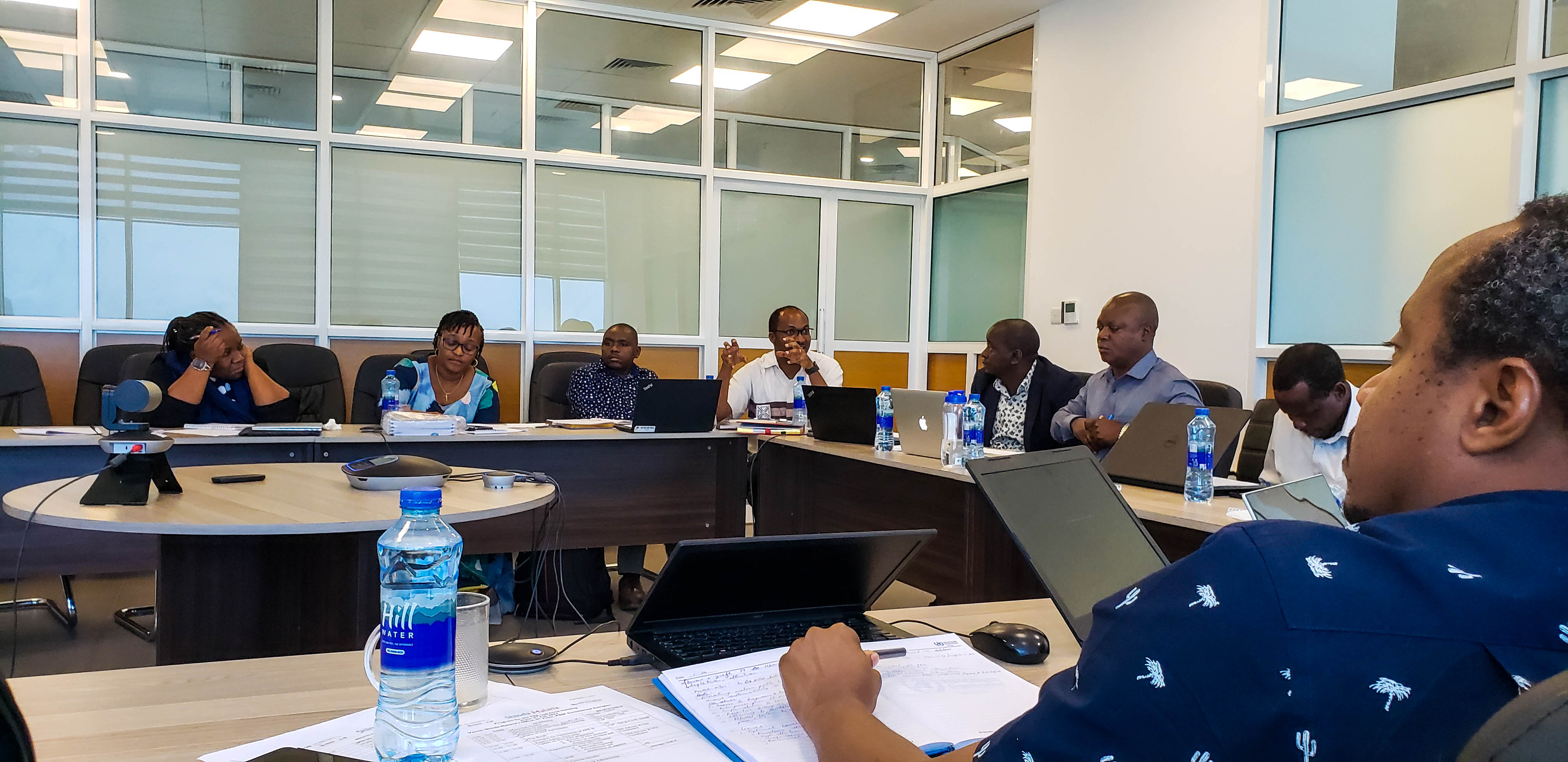
MEETING: Shinda Malaria team, experts in therapeutic efficacy convene in Dar

The Shinda Malaria project which is implemented by Ifakara Health Institute and funded by PMI/USAID hosted a one-day task force meeting at its offices in Dar es Salaam on February 3, 2023, to discuss preparations and planning for therapeutic efficacy studies 2023 implementation that will be conducted in 5 regions in Tanzania.
The therapeutic efficacy study (TES) is a multi-center activity implemented in eight sentinel sites across the country designated by the National Malaria Control Program (NMCP). The sites are located in 8 different regions in Tanzania namely Pwani, Mbeya, Morogoro, Mwanza, Kigoma, Tabora, Mtwara and Tanga.
Only four sites out of eight will implement the activity every year alternatively whereby this year, the study will be conducted in Tabora, Mwanza, Mbeya and Mtwara while the rest of the regions will participate in the year 2024.
During the therapeutic efficacy study, children with confirmed uncomplicated malaria will be recruited and treated with first-line treatment (ALU) and alternative treatment then followed up to assess the potency of the drugs as well their safety.
In attendance for the meeting was a group of experts from NMCP, PMI/USAID, Catholic University of Health and Allied Sciences (CUHAS), Muhimbili University of Health and Allied Sciences (MUHAS), The National Institute for Medical Research Tanzania (NIMR), Kilimanjaro Christian Medical University College (KCMUCO) and IHI-Shinda Malaria.
Together, they engaged in discussions about the plans and updates for the upcoming TES 2023 round whereby activities are scheduled to start in March and will continue until the end of the year.
The coordinating team led by Dr. Kefas Mugittu, provided updates on the preparation pertaining to contractual agreements, study conduction plans and timings, study ethical approval status, procurement of drugs and consumables, and supervision and monitoring plan.
In her remarks, the chairperson of the meeting Dr. Sijenunu Aron from NMCP urged the coordinating team to hasten the preparations by intensifying the follow-up of ethical approval from the National Health Research Committee as well as securing drugs for the study to be conducted timely.
On another note, Dr. Dunstan Bishanga, the Chief of the Party for the Shinda Malaria project had an opportunity to present the road map draft for the response to Partial artemisinin resistance in the Kagera region.
The Shinda Malaria project has been tasked by the PMI/USAID to devise a response plan for the region to strengthen malaria surveillance as well as collect more data on the efficacy and safety of antimalarials. The project is funded by the American people through the President’s Malaria Initiative/USAID.
